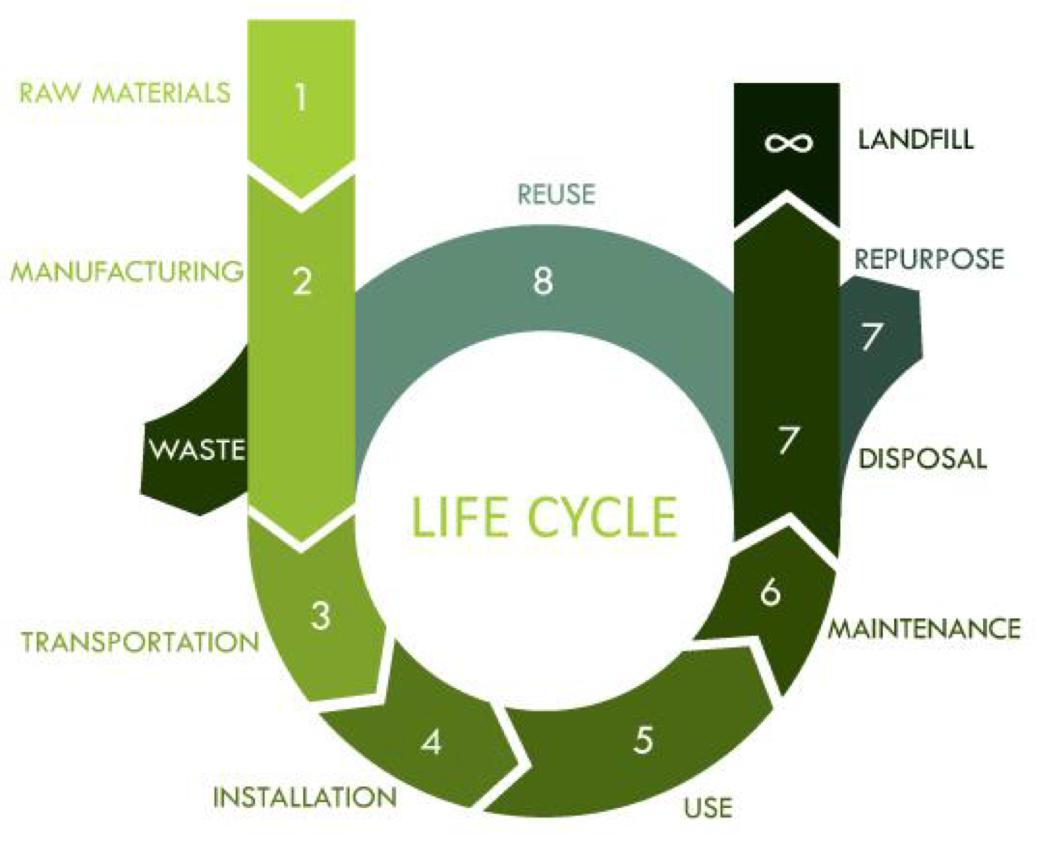Fiscatech's objective is to develop increasingly sustainable and innovative products by expanding the number of sectors in which we work.
To continue to maintain our objectives over time, the company has adopted a Management System for Quality, Environment, and Safety based on UNI EN ISO 9001, 14001 e 18001. The Corporate Management system has been developed to ensure an effective and efficient commitment of resources, focusing on the expectations of customers and other stakeholders.
Fiscatech for quality
Fiscatech S.p.A. believes that the continuous improvement of production processes is one of the strategic tools with which to achieve our business objectives.
The Company intends to strengthen the records achieved so far by constantly updating both products and management systems, to continuously improve its Quality System, based on UNI EN ISO 9001:2015.
Download Documents:
Fiscatech for Safety and the Environment
Respect for the environment, prevention of all forms of pollution, the development of innovative environmentally friendly and biodegradable products, the protection of workers' health, in other words, process and product sustainability, are at the base of Fiscatech's ethics of responsibility for the future.
Our business management strategies derive from this and are based on the ability to provide the market with eco-friendly and solvent-free products.
Having integrated a Quality Management System and an Organizational and Management Model for Worker's Safety (SGSL), both the Vigevano plant (PV) and that of Cormòns (GO) are certified BS OHSAS 18001:2007 and Environmental Management System UNI EN ISO 14001:2015.
The Directorate-General has defined the following objectives for both plants:
1. The integration of the three Management Systems and to keep the integration of the environmental system from being limited by the one for safety;
2. The training and guidance of employees in contributing to and implementing environmental and security-related behaviors;
3. The improvement of performance, the monitoring and minimizing of environmental impacts, and applying, in the production process, the best available technologies for resource optimization (e.g., water, electricity, and gas consumption), and the implementation, where possible, of waste recovery.
The minimization of the consumption of paper and plastic in offices, encouraging recycling and/or the use of eco-friendly paper and plastic-free products;
4. Informing, communicating with, and involving all stakeholders (territorial institutions, supervisory bodies, the population, etc.), in order to ensure the transparency of environmental management performance. All employees are called, in collaboration with the Management, to comply with the principles and objectives expressed by the company's environmental policy.
Download the Documents:
• BS OHSAS 18001:2007
• UNI EN ISO 14001:2015
• Safety and Environmental Policy
Fiscatech for products
FISCATECH creates value and stands out for its competence, quality, and creativity.
FISCATECH products have high quality standards, that are recognized and certified by the best laboratories and institutions in the sector.
FISCATECH means Innovation. Continued investments in the research and design of new products allow FISCATECH to satisfy even the most demanding client's requests fully.
Thanks to the new lines of solvent-free and renewable products, FISCATECH is pursuing a thorough policy of respect for the environment and sustainability towards the goal of a circular economy.
Finally, our products are compliant both with the list of SVHC substances (Substances of Very High Concern) and with the ZDHC indications.
RINNOVA
The RINNOVA family also stands out for its specific LCA (Life Cycle Assessment).
Life Cycle Assessment (LCA) is a method that is structured and standardized at the international level, which enables the quantification of potential environmental and human health impacts associated with a good or service from the respective resource consumption and emissions. The Life Cycle Assessment (LCA) identifies the environmental impacts to be considered and which to act on, not only in the production phase but also in those associated with the activities upstream and downstream of the production process, covering all stages of the life cycle. From the results of an LCA, it is, therefore, possible to evaluate overall environmental impacts, in the most objective and scientific way possible. This type of analysis is controlled by ISO 14040:2006 Environmental management - Life cycle assessment - Principles and framework.

To learn more about this topic, please contact us.


